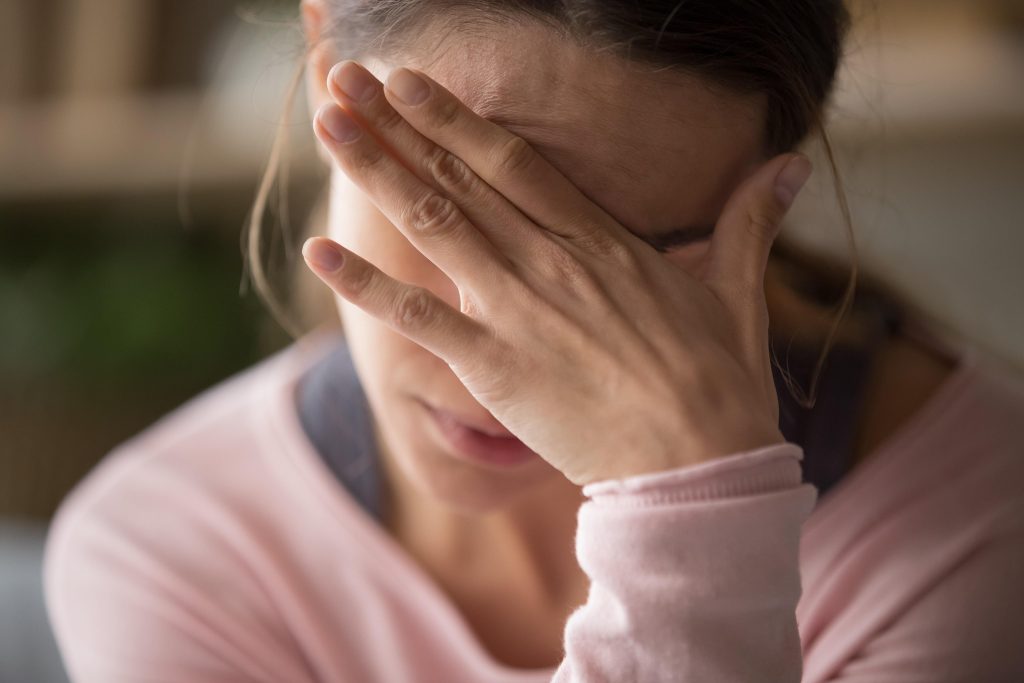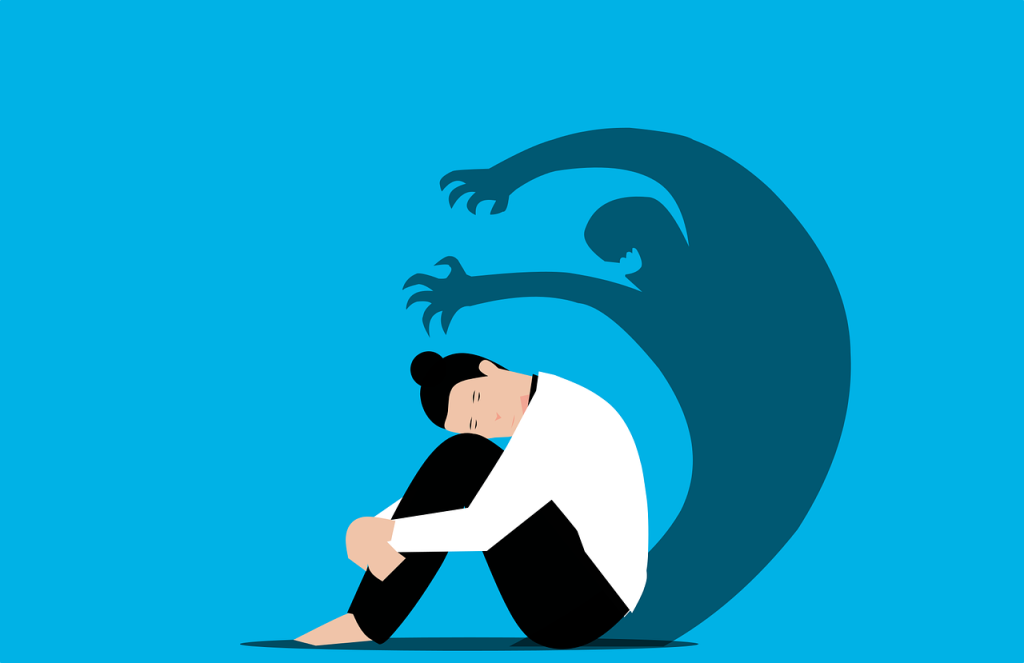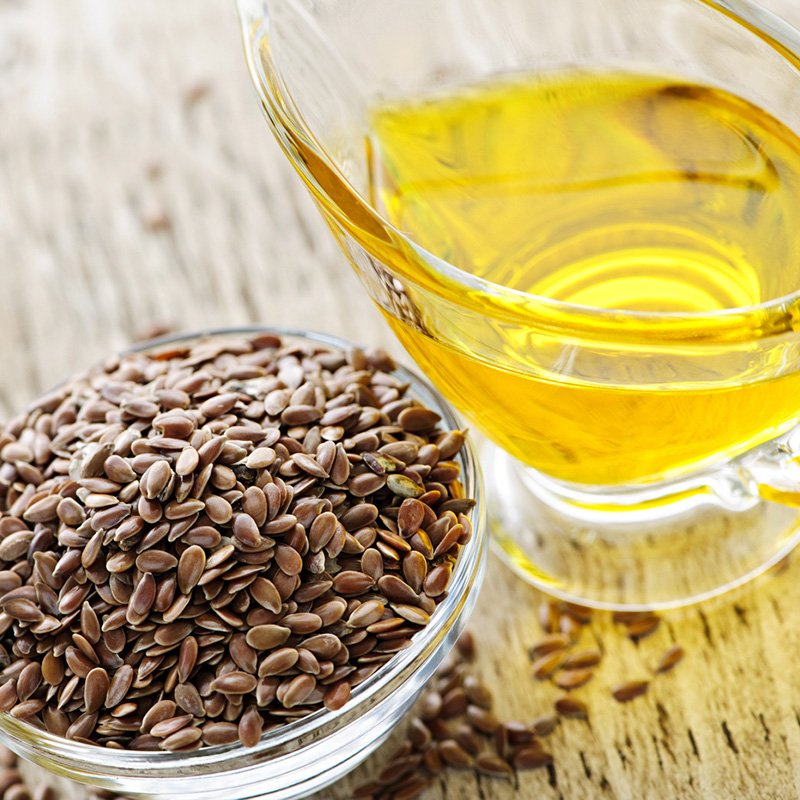Anxiety: A Simple, Attentive Guide for a Busy Lifestyle
In today’s fast-paced world, anxiety can sneak into our lives before we know it. Whether it’s a sudden wave of fear or the subtle signals your body sends, understanding anxiety can empower you to take control. Here’s a balanced overview of its key symptoms, common causes, and natural solutions.

Key Symptoms of Anxiety
- Nervousness & Panic Attacks:Sudden episodes of overwhelming fear.
- Unexpected Fear: Feeling anxious even when there’s no clear trigger.
- Shortness of Breath: A sensation of not getting enough air, as if you’re gasping for a deep breath.
- Heart Palpitations: Your heart may race or pound unexpectedly.
- Tingling Sensations: That “pins and needles” feeling in your arms or legs.
- Tight Back Muscles: Persistent muscle tension that reflects accumulated stress.
Understanding the Causes
Anxiety doesn’t just appear without reason—it’s often tied to what’s happening in your body. One major trigger is an imbalance in your body’s chemistry; for instance, elevated blood lactic acid can occur when your body isn’t receiving enough oxygen for proper energy production. This biochemical hiccup plays a key role in creating the physical sensations of anxiety.
Other contributing factors include:
- Lifestyle Factors: Consuming too much alcohol, caffeine, or sugar can overstimulate your nervous system.
- Nutritional Deficiencies: A lack of vital nutrients—including B vitamins (niacin, pyridoxine, and thiamine), calcium, or magnesium—can upset your body’s balance.
- Food Allergens: Hidden sensitivities or allergies might trigger symptoms similar to anxiety.
By understanding these causes, you can start to notice patterns and make changes that help restore balance.

Natural Ways to Ease Anxiety
Fortunately, there are several natural remedies that many people find helpful:
- Omega-3 Fish Oil: Choose a high-quality, non-rancid supplement. Look for formulas that include vitamin E (alpha tocopherol) to prevent oxidation and ensure the omega-3s remain effective and anti-inflammatory.
- Flaxseed Oil: This gentle alternative may help ease feelings of distress, especially for those who experience agoraphobia—the fear of crowded or unsafe settings.
- Kavalactones: These compounds can help reduce anxiety symptoms. However, they should only be used if you’re free of liver issues and ideally under a healthcare professional’s supervision.
Incorporating these natural supports into your daily routine might be a practical step toward managing anxiety and bringing more calm into your busy life.

In Conclusion
Recognizing the signs of anxiety and understanding its root causes is a powerful first step toward reclaiming balance. Even modest changes in your lifestyle and diet can have a positive impact on your mental and physical well-being.
Until next time, take care of yourself, and remember that every small step matters on the journey to lasting calm.
Warm regards,
Your Spine Centre
